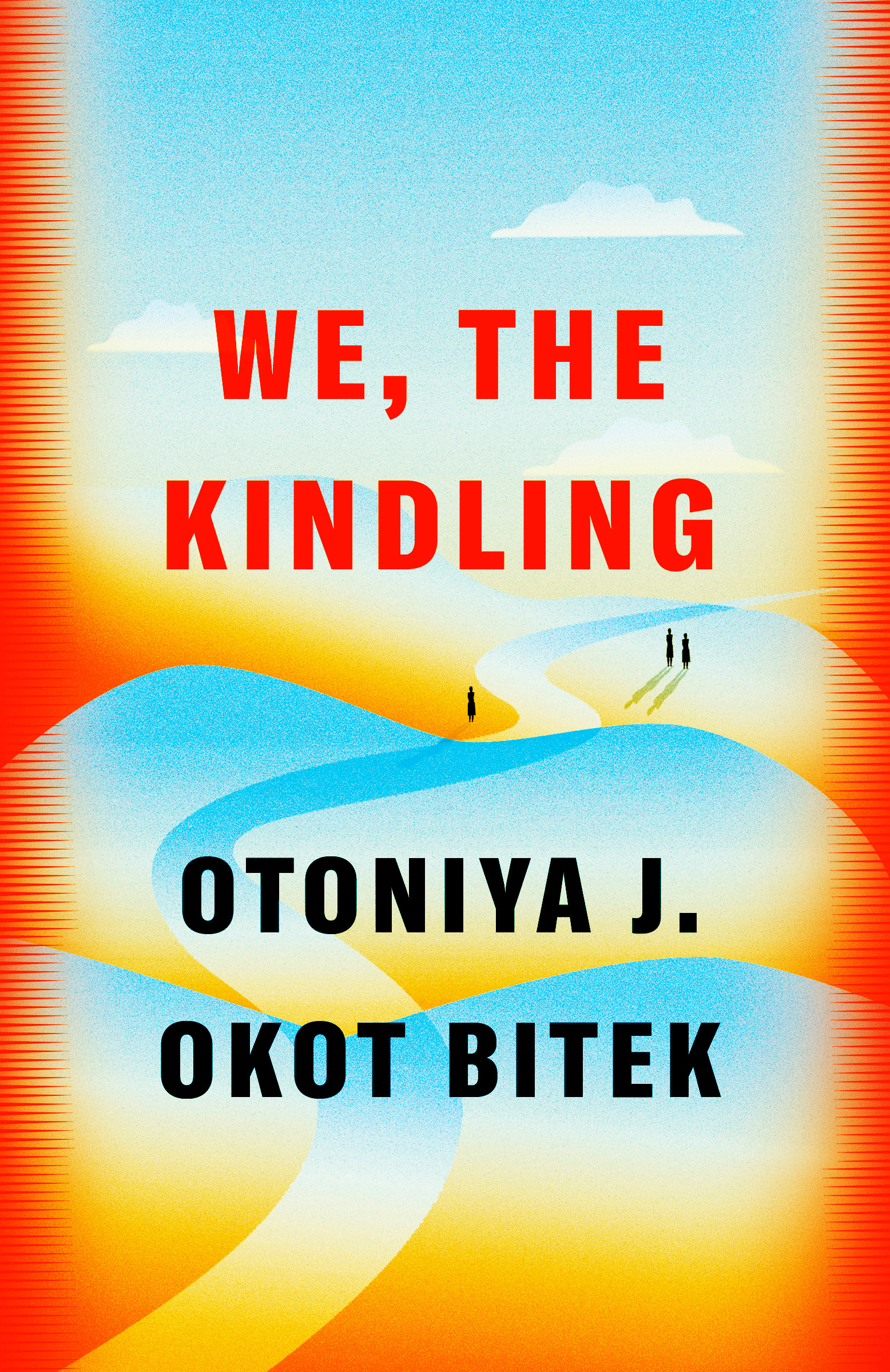
Once there was a woman called Twon-ne who returned from the bush without a child—not like Kilak, the first woman, who’d left her home and returned with twins, Labongo and Gipir, who became the fathers of all Luo- speaking people in the world. By the time Twon-ne returned from the bush, she’d not even developed breasts yet. She was young. How could she have had a child then? When Twon-ne returned, she was taken to World Vision’s reception centre in Gulu. She stayed there for ten months, learning how to be among people who were not intent on going on standbys. She learned how to live among people who were at home, settled in the heart, purposeful in stride, fearful only of those who’d cock their guns towards the body or the home. Twon-ne learned to be a person again, not a wild woman, the way they said that people who’d returned from the bush were.
She had become human again, a person, when she told the people at World Vision outright: I have no family to return to. The people at World Vision said: You must have relatives, everyone does. She said: I do have an aunt, but I don’t know where or how to find her. As you know, many people have left their homes and are now living in camps. I wouldn’t know where to start looking for my aunt. The people at World Vision asked Twon-ne to pack her things, and they gave her a driver who asked where he should drop her off. She told him to drop her off anywhere. She didn’t know anyone at the camp anyway. The driver stopped the car at the roadside and she got out with her belongings.
There was a parade taking place where Twon-ne was dropped off, so she stood by the road to watch it go by. Someone pointed at Twon-ne and said she knew her.
Me?
Yes, you. You come from Kalili near Lacekocot. Your father’s name was Abonga and your father’s sister used to live near Kitgum. Are you not the one?
Twon-ne said yes, she was the one.
Come with us, your aunt lives close to us in the camp.
Twon-ne picked up her belongings—a small bag with a change of clothes and a few things that the people at World Vision had given her to start a new life—and went with the parade. It ended up in the camp. When her aunt saw her, she seemed happy.
I’ll take care of you, she said, so Twon-ne followed her aunt to the small hut where she lived.
On the first day, everything was good. They ate together and reminisced about the old times. On day two, the aunt started to show some claws, but she was still smiling, like the rat who nibbles at your toes at night while you are sleeping, and then blows, blows, blows softly to soothe you and make you forget that you are in fact being eaten alive. On day three, the aunt stopped blowing. Her claws were out, all of them, lunging at Twon-ne’s face, cursing, cursing her for being the only one that stayed alive. Twon-ne had been abducted with her two brothers, as well as the three cousins who were her aunt’s sons. All of them were dead now, all except her. Her aunt was alone and her fiery grief threatened to engulf Twon-ne if she did not leave. Twon-ne left her aunt with everything, everything that she’d been given from World Vision to start her new life. Her aunt took it away.
You left with my sons and grandson and expect that you should leave here again with anything? I owe you nothing! You owe me everything that was ever important in my life!
Twon-ne left her aunt on day four. She left with only the clothes on her back and open, empty hands. She wandered about in the camp, looking for ideas, and she didn’t know what else. Her name was not on the list in the camp, so she didn’t qualify to receive any food rations. Twon-ne wandered in the camp for two days without anything to eat. On the third day, she saw a soldier standing at ease, looking well- fed, his skin all shiny and healthy, and got an idea. Perhaps she could ask him. Maybe if she could do something for him, maybe he could give her something to eat, or money to buy something to eat. But then, from the corner of her eye, she saw a man she could have sworn was a childhood playmate a long time ago.
Way, way back, before her father had chased away her mother and brought home a new woman who beat them every day and accused them of eating their father’s share of dinner, Twon- ne and her brothers had lived with their father in Lacekocot. Way before her father had chased after their missing stepmother and got himself infected with HIV/AIDS and come home to die; before she and her brothers were abandoned in the homestead, suffering from guinea worms and malnutrition and poverty— before all that, she’d known this man as a boy and had played with him in the yard. She called out to him.
Is that you?
Eeh! It’s me. Eeh! It’s good to see you again.
I know! We find ourselves here, living like refugees, people with no homes, but what can we do?
Really, what can we do, living like dogs in our own country?
They stood silently for a moment, looking around at the congested huts. Huts so close together that their roofs touched. Huts so close together that sometimes a spark ignited the straw thatch of one and in no time reduced the whole camp to ashes and wailing crowds of homeless people who were already homeless in their homeland and in their own country.
Where are you based? Where are you living?
I’m living like a dog, truly. I have nowhere to go.
Twon-ne sat down with the man and narrated the story of her escape, of how she’d walked away from the battle, because it was terrible, because she’d had enough. She told him about her father, her stepmother, her abduction, the repeated rapes and the final battle during which she’d just melted away from the battlefield and walked back home. She was tired of fighting, tired of struggling. All she wanted was to find a home, rest, recuperate and live.
Come, the man said. Come. I’ll take you home. You don’t have to worry, now. Come with me. Let’s go home.
***
Excerpted from We, the Kindling by Ontoniya J. Okot Bitek. Copyright © 2025 Otoniya Juliane Okot Bitek. Published by Alchemy by Knopf Canada, a division of Penguin Random House Canada Limited. Reproduced by arrangement with the Publisher. All rights reserved.
Buy a copy here!


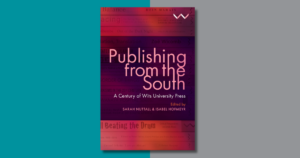
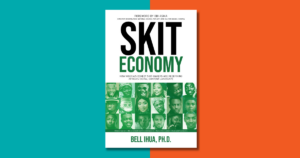
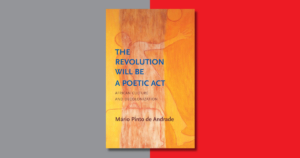
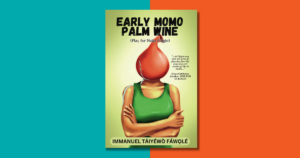
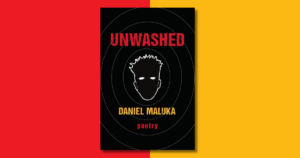


COMMENTS -
Reader Interactions